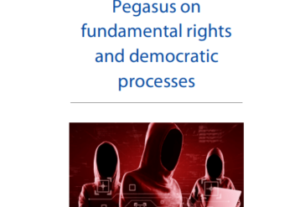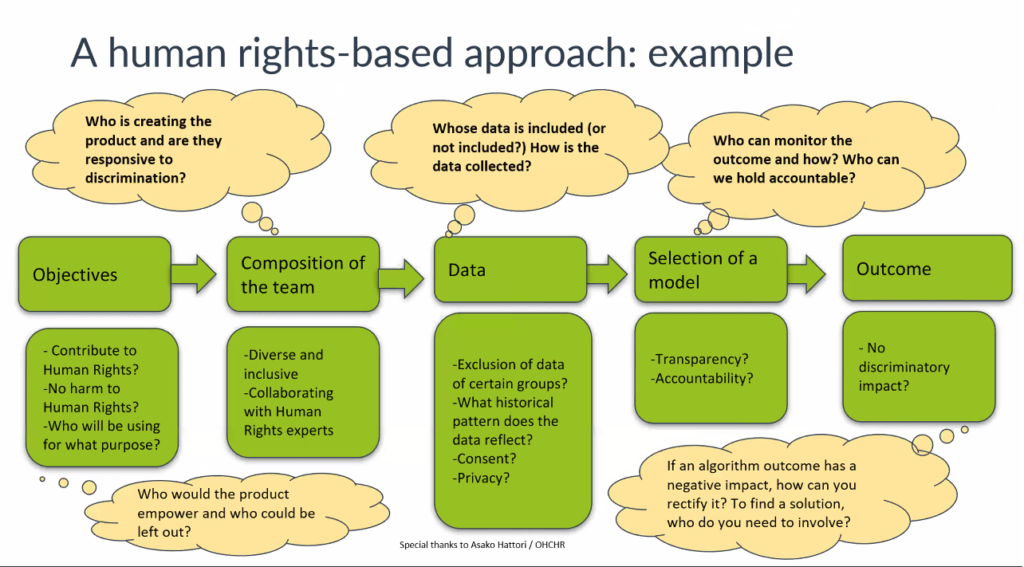
One of MozFest 22’s themes was about “decolonising AI”. What does the term really mean? As MozFest put it, worldviews, practices and algorithms embedded in the knowledge of the Global Majority, African, Asian, Middle Eastern, Latin American, Black, Indigenous, and people who have been racialized as ‘ethnic minorities’ – and have largely been kept apart from the development and implementation of AI, treating Western perspectives as objective universal truths. How does this impact our lives around the world? How can a diverse set of values enrich the conversation? Should we create AI frameworks and policies that are universal?
Decolonising AI? A view from the South
A very enlightening session at MozFest 22 were the discussions around that topic. One of them, Decolonising AI? A view from the South, The session was organized by urvashi from Digital Futures Lab (India), and Rachel Adams, and it discussed how power asymmetries fueled the production of AI and the continuation with earlier colonial logics is affecting Artificial Intelligence, noting that much of this discussion is being led by thinkers and organizations in industrialized economies. The voices of civil society organizations from developing countries are notably absent in calls for decolonizing AI.
This workshop brought together civil society organizations and scholars from developing countries to consider what decolonization means for them; whether and how it is possible; and the capacities and institutions that are needed to meaningfully shift power in our AI futures.
In particular, it drew attention to how narratives of decolonization and digital sovereignty were being appropriated by state actors and powerful domestic industry bodies in the global south to assert their own interests, and the double bind this creates for citizens in developing countries – to escape the colonial logic of data and AI military-industrial complexes originating in the ‘global north’, as well as the re-appropriation of these projects by local political leaders / elites in the guise of becoming ‘modern’ ‘self-reliant’ and ‘globally competitive’.
Digital Extractivism in the Global South: Where do we go from here?
This session was organized by Neema Nyer from Pollicy.
Digital extractivism is a term that describes how colonial practices used to extract and exploit colonies of valuable resources, is ongoing today through technology. Today digital extractivism is visible in the promotion of neoliberal policies of privatization and commodification, in partnership with governments, much to the detriment of the local economies and populations. And just like in the past, colonial powers maximised transportation networks which offered the quickest means of removing valuable resources to metropoles, today, Big Tech corporations erect similar virtual and physical structures extracting value in the form of data and often, talent to boost foreign economies.
Today, Africans and citizens of the Global Majority are arising to the impact and significance of this sort of exploitation but more still needs to be done to spread awareness about the issues and the solutions necessary to challenge the status quo.
How can we combat the current state of events, as it relates to exploitation and extractivism being carried out through technology today?
Digital extractivism is a term that describes how colonial practices used to extract and exploit colonies of valuable resources, is ongoing today through technology.
The aims of the session:
- to generate and stimulate discussion about the state of technology exploitation today citing case studies from the Digital Extractivism report.
- To discuss challenges and opportunities for partnerships between civil society, the government and the private sector working on this topic.
- Discuss potential policy and regulatory approaches to digitally-enabled exploitation.
- To highlight successful case studies about successful resistance to digital extractivism.
According to Pollicy, there are 9 forms of digital extractivism:

- Digital labor: laborers are “invisibilized”. There are ppl behind the technology. FB, for example, hired content moderators and when they tried to unionize they flew somebody from San Fran to counter the movement. They also paid very little to content moderators.
- Illicit financial flows: tax avoidance.
- Data extraction: Cambridge Analytics: the testing ground was in Africa [Nigeria for example] because there are no regulations against that. Also biometrics for refugees being forced upon them in return for food. Another example is in this Guardian article.
- Natural resource mining
- Infrastructures monopolies
- Digital lending
- Funding structures
- Beta Testing
- Platform governance


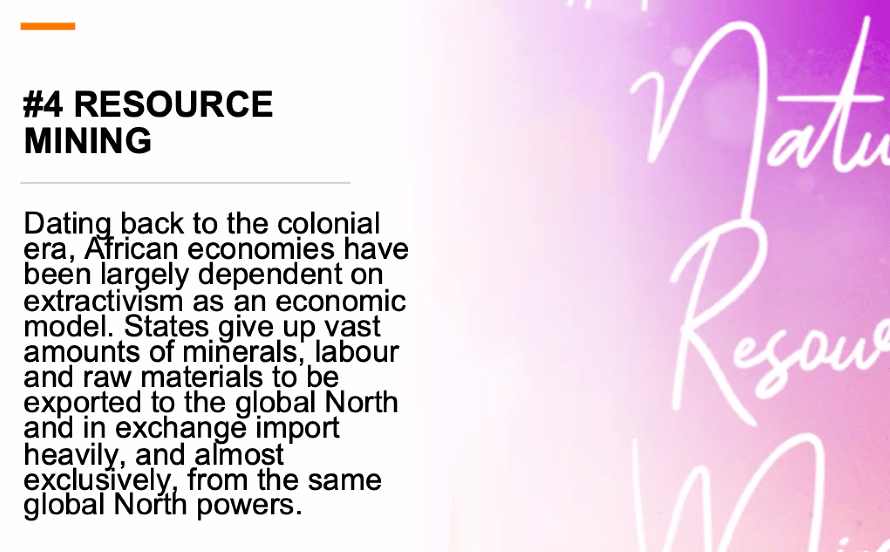
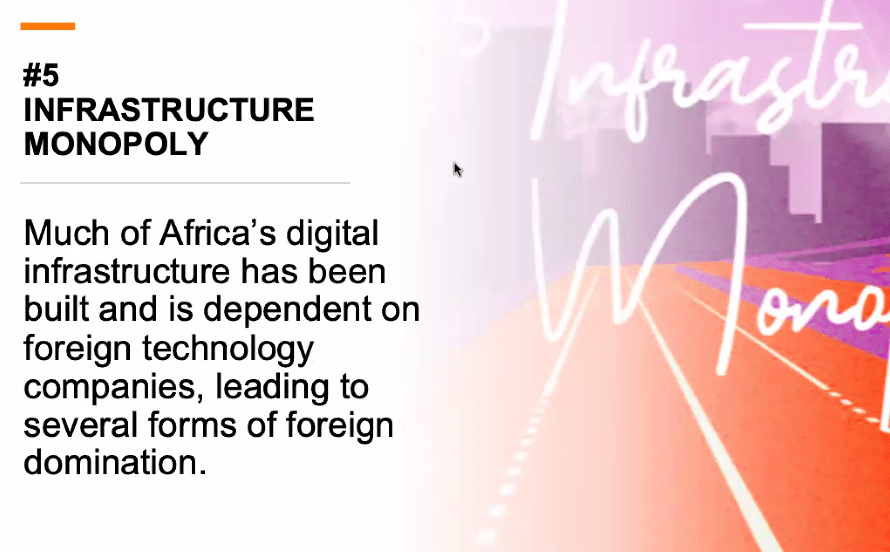

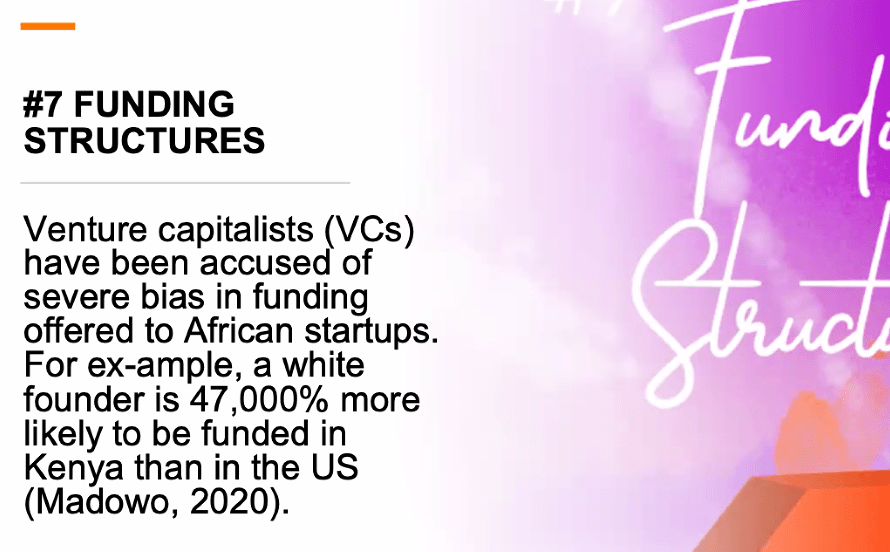
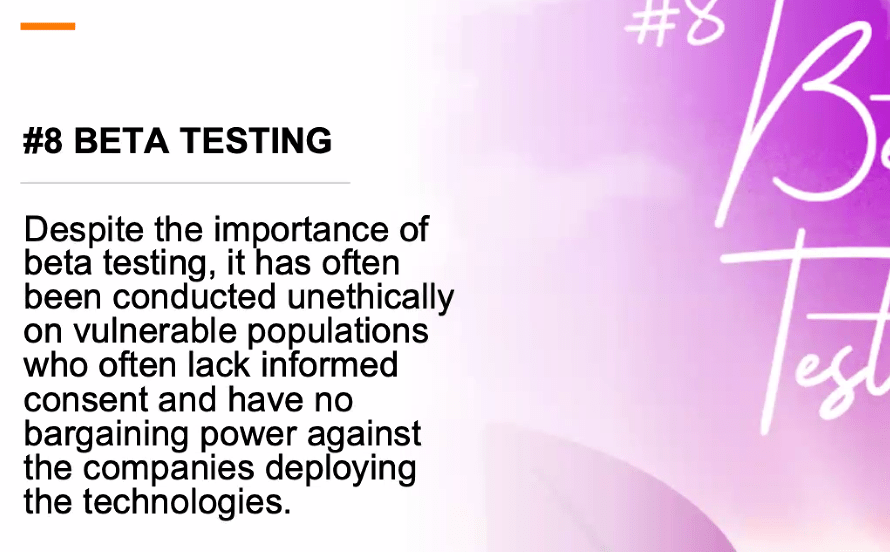
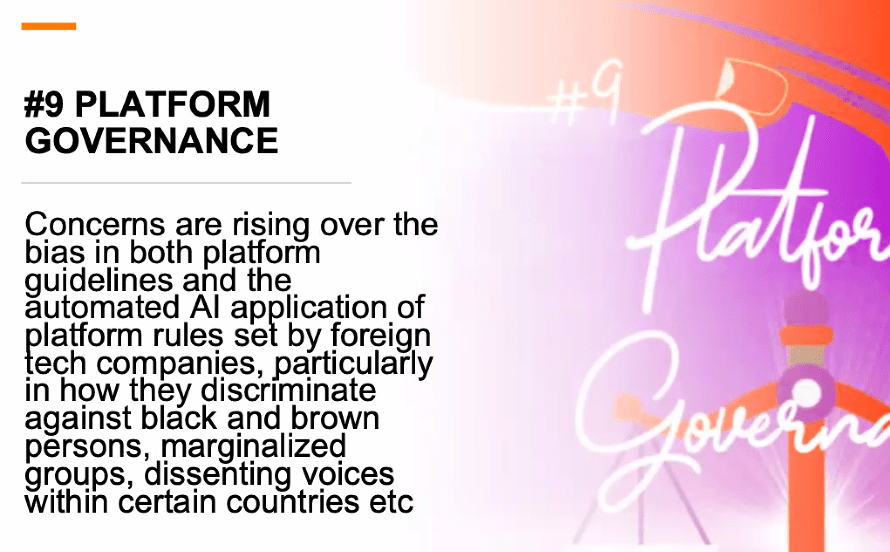
Some questions arise from “AI in the global south” concept:
- Who is setting the agenda for civil society in the ‘global south’?
- Should AI be at the forefront of civil society concerns, even though the very access to computers does not exist in many places?
- While AI is rushing by us in the global south, AI is being implemented whether we understand it or know its impact or use it or not. Shouldn’t we, therefore, be concerned that we are not involved? what does this involvement look like? who is to be involved? should it be on our agenda?
Further reading on the topic:

